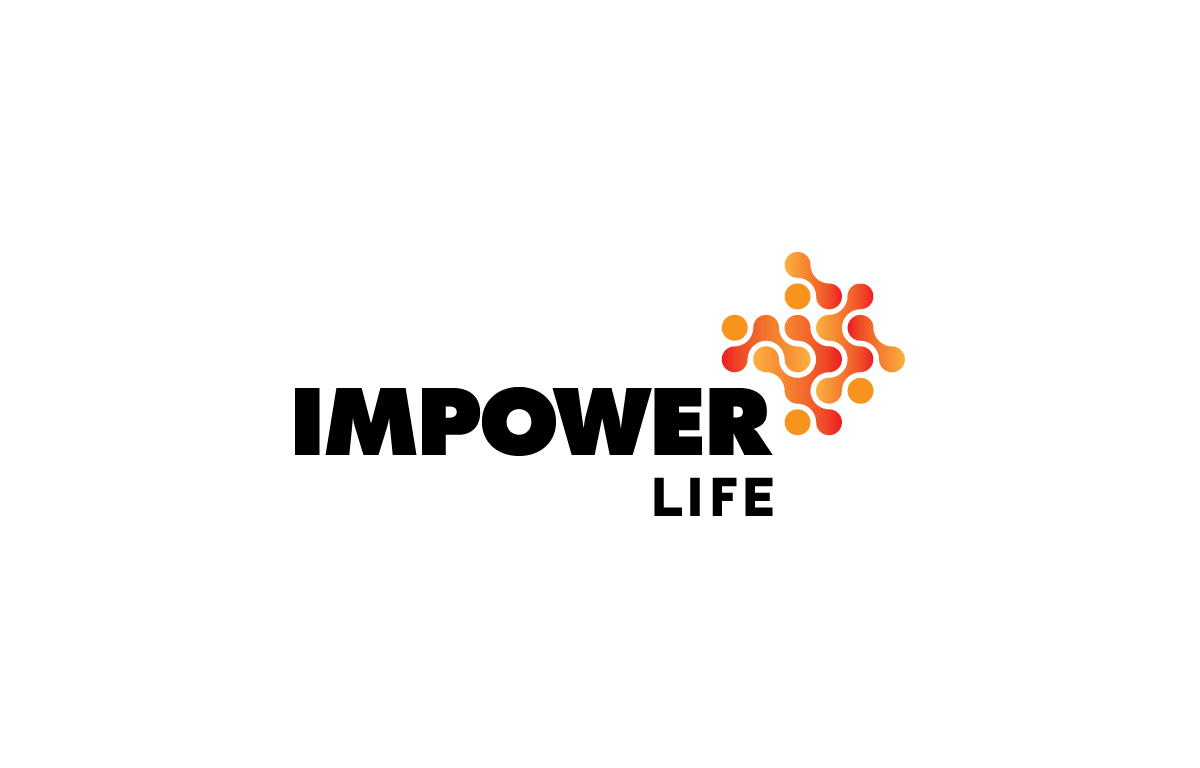Unveiling the Power of L-Phenylalanine!
An Essential Amino
Let's explore the amazing benefits of Phenylalanine, a powerful amino acid that could be your new health ally!
Phenylalanine is a vital amino acid that facilitates the building of proteins and the production of essential neurotransmitters and hormones in the body. Its potential health benefits extend to the vascular system, skin and brain, making it a noteworthy supplement for a holistic health strategy.
Around 75 % of the phenylalanine is introduced via food and is biologically converted into tyrosine, which is eventually converted into norepinephrine (noradrenaline), and epinephrine (adrenaline). Epinephrine and norepinephrine play a crucial role in regulating the heart and blood vessels. They work together to help your body respond to stress and maintain homeostasis.
This article will explore recent scientific findings highlighting phenylalanine's role in restoring vascular function, improving nitric oxide bioavailability, vitiligo, and mental health.
Enhancing Cardiovascular Health
In the quest for optimal cardiovascular health, Phenylalanine may be another interesting tool, demonstrating impactful results in research settings. Studies on rat models have shown that L-Phenylalanine, a specific form of this powerful amino acid, has potential in reducing blood pressure and protecting blood vessels.
Phenylalanine has shown promising results in raising vascular tetrahydrobiopterin (BH4) levels. BH4 is a critical co-factor for nitric oxide synthase enzymes responsible for producing nitric oxide (NO). NO is a vital molecule that relaxes the blood vessels, thereby improving blood flow and reducing blood pressure. Recent studies demonstrated that phenylalanine administration increased BH4 levels, restored NO production, reduced superoxide - a harmful free radical - and enhanced overall vascular function. These findings suggest that phenylalanine could play a significant role in managing hypertension, a prevalent global health concern driving cardiovascular disease, heart attacks and strokes.
Enhancing Endothelial Function
Another study published by the reputable Journal of the American College of Cardiology, unveils L-Phenylalanine's role in restoring endothelial function. A fully functional endothelium helps ensure balanced blood pressure, hence decreasing the risk of hypertension and thereby ensuring smooth, uninterrupted blood flow - absolutely essential for a healthy circulatory system.
A Breakthrough for Skin Concerns
One of the surprising benefits of this amino acid is its potential impact on vitiligo, a condition causing color loss in the skin. Recent research involving 70 individuals with vitiligo revealed remarkable results. The participants were treated with a combination of Phenylalanine and the standard treatments like UV light therapy and medication. The verdict? An impressive 90% of these participants experienced a return of natural skin color. These findings echo the results of additional trials involving over 270 vitiligo patients, further confirming the potent benefits of Phenylalanine creams and supplements when used in conjunction with UV therapy.
Accelerate Fat Mobilization
Phenylalanine, especially when taken pre-exercise has been known to accelerate fat mobilization and promote fat oxidation, by mediating glucagon secretion and the cAMP-dependent cascade pathway. . This means it can increase the rate at which your body burns fat for energy, potentially helping you lose weight more efficiently.
A Potential Aid for Mental Health
Phenylalanine may also be beneficial when it comes to mental health. It's suggested that this amino acid could have a positive influence on those who are grappling with depression, which often co-exists with heart disease. L-phenylalanine plays a crucial role in the synthesis of mood-enhancing neurotransmitters like dopamine and norepinephrine. Depression symptoms are often associated with deficient levels of these brain chemicals.
The lack of phenylalanine, tyrosine, and tryptophan in the diet may lead to mood disturbances and heightened irritability. Clinical data suggest that these amino acids can potentially alleviate mild to moderate depression. In a study involving 155 patients with depression, integrating L-phenylalanine (250 mg daily) with standard treatment benefited 80-90% of participants.
Depressed patients typically have lower phenylalanine levels in their blood and urine compared to the healthy population. Upon supplementing with L-phenylalanine, mood improvement was noted in 31 out of 40 such patients.
More Research is needed
It's important to note that the research on phenylalanine is still evolving and more human studies are needed, but the potential benefits make it a worthy candidate for further exploration.
Phenylalanine: Where can you get it?
Phenylalanine is found naturally in protein-rich foods such as eggs, cheese, beans, and meat. However, phenylalanine supplements offer a convenient way for those looking to ensure they are meeting their phenylalanine needs. Remember, these supplements are not intended for everyone. Pregnant women, children, and individuals diagnosed with phenylketonuria (PKU), a metabolic disorder, should avoid phenylalanine supplements to prevent potential health risks.
Precautions and Consultations
Lastly, it's crucial to remember that the FDA doesn’t approve Phenylalanine supplements for medical use, and they can interact with certain medications, including drugs for Parkinson’s disease. Always consult with your healthcare provider before starting any new supplement regimen.
Conclusion
Overall, these scientific findings reveal the potential of phenylalanine as a novel therapeutic agent. Incorporating L-Phenylalanine into your health regimen could be another great tool in your health toolbox. However, it's vital to note that everyone's body responds differently, and the impact of this amino acid can vary.
Before supplementing with L-Phenylalanine, we highly recommend a heart-to-heart (pun intended!) with your healthcare provider. They can help you determine the most beneficial approach aligning with your specific cardiac needs.
https://www.jacc.org/doi/abs/10.1016/j.jacbts.2018.01.015
https://journals.plos.org/plosone/article?id=10.1371/journal.pone.0250126
https://journals.lww.com/cardiovascularpharm/Fulltext/2004/06000/Sepiapterin_Decreases_Vasorelaxation_in_Nitric.4.aspx
https://pubmed.ncbi.nlm.nih.gov/11780312/
https://pubmed.ncbi.nlm.nih.gov/15167268/
https://www.ncbi.nlm.nih.gov/pmc/articles/PMC6018612/
https://pubmed.ncbi.nlm.nih.gov/11324549/
https://www.tandfonline.com/doi/full/10.1186/s12970-017-0191-x?scroll=top&needAccess=true
https://dom-pubs.onlinelibrary.wiley.com/doi/full/10.1111/dom.14204
https://www.degruyter.com/document/doi/10.1515/jom-1984-840928/html
https://www.intechopen.com/chapters/71337?cicada_org_mdm=direct&cicada_org_src=healthwebmagazine.com&crsi=662497042

